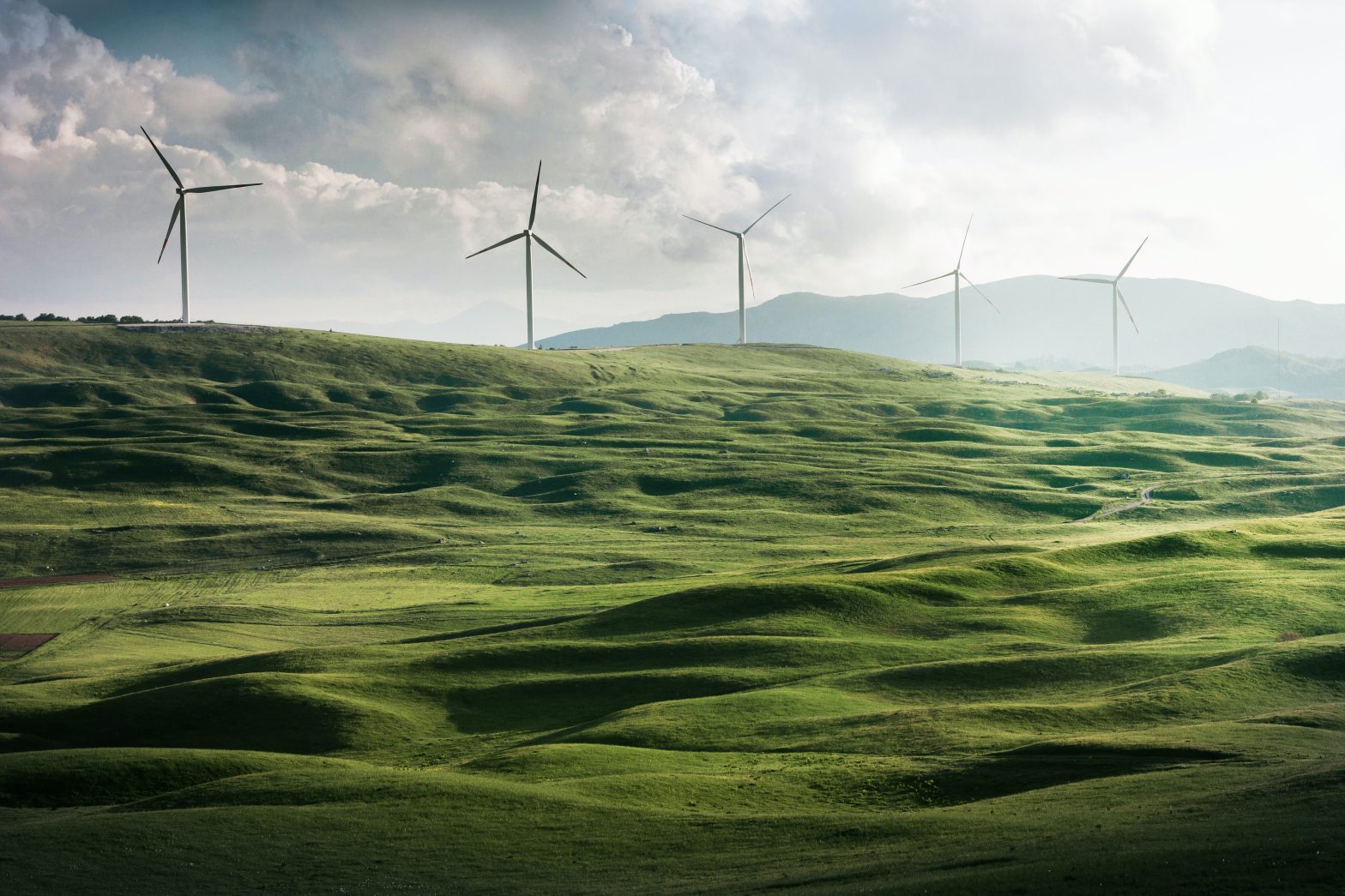At Seed, we advance breakthrough academic discoveries in microbial science. Our decentralized model enables rapid, efficient acceleration of microbial technologies from discovery into the clinic across a pipeline of novel therapeutics, consumer health innovations, and environmental solutions.
Our ecosystem is comprised of founders, team members, scientists, translational science communicators, creators, and advisors. Together, we are pioneering the inquiry, application, and communication of microbial sciences to improve human and planetary health.
Our work spans across human health, the development of novel probiotic applications for environmental health (such as the decrease in honey bee populations and the global bleaching of coral reefs), and the evolution of sustainable packaging systems and biomaterials.
Our unified belief is that health is not just human, and that we are intricately interconnected with the planet. But human activity and impact has significantly affected the biodiversity of our planet, which in turn will have drastic consequences for our species.
While the climate crisis can feel insurmountable, our collective effort (individuals, companies, governments) is what will make a difference. And that has never been more necessary.
In September of 2020, in the midst of one of the most divisive years in modern history, the Climate Clock hit 7 years, 98 days, 15 hours—an urgent, necessary wake-up call for action.
However, deciding what action to take can be difficult to navigate.
Starting from a place of first principles: The most sustainable solution for our planet is that us humans stop making things, and we stop buying things. As this scenario is unlikely, we need a (collective) redesign.
From our SeedLabs environmental research, to our biomaterials packaging development, we are always first principal-ing: What is real impact?
How can we track it, quantify it, qualify it, and scale it?
So we codified our exploration, observation, and mobilization of the (often polarizing) world of carbon offsetting; and our path to becoming carbon negative. And turned into a field guide for navigating the murky waters of carbon offsetting.
Inspired by the origins of field guides (like the ones for birds, plants, and fungi). Designed for growing companies. Written for the curious. Available to everyone.
An Open-Source, Incomplete Pocket Field Guide to Carbon Offsets (and Other Ideas) Vol. 01.
A synthesis of our journey navigating this confusing, complex, opaque world of carbon offsetting—the questions we asked, the platforms we vetted, and the peer reviewers and BS-checkers we consulted in our quest to remove more greenhouse CO2 pollution from the Earth than we emit.
We made it completely open-source and available to any human, team, or company to download, read, and apply to their own infrastructure. Think of this Field Guide as scaffolding to build from; a series of shortcuts to audit, offset, reset, invest, and iterate.
If companies can create the infrastructure and the auditing, and integrate sustainability into the DNA of how they operate their business, these metrics become just as important as any other business KPI. And it is much easier to start now and scale, than wait. Imperfect action now is better than nothing. And until governments and researchers figure out how to phase out fossil fuel use for energy, carbon offset programs can decrease the impact of companies’ carbon footprints on the Earth.
Our journey at Seed led us to focus a significant portion of our time so far on carbon offsets, which offer one of the most measurable impacts on greenhouse gas emissions available to a company today. But, as you will read, carbon offsets are not a silver bullet. For us, they are a starting point. These data-driven, measurable insights have helped set us on a path for future investments in other areas of environmentalism, like community impact and environmental justice.
There is still a great amount of work for us to do as a company that aims to have a net positive environmental impact. We intend to continue that work and invite all perspectives, thought-leaders, climate scientists and activists, or any curious Earthling to peer review and input their experiences, knowledge, expertise, and research into this first iteration of the field guide.
And we are inviting anyone interested in crafting future volumes to reach us here: eco@seed.com
